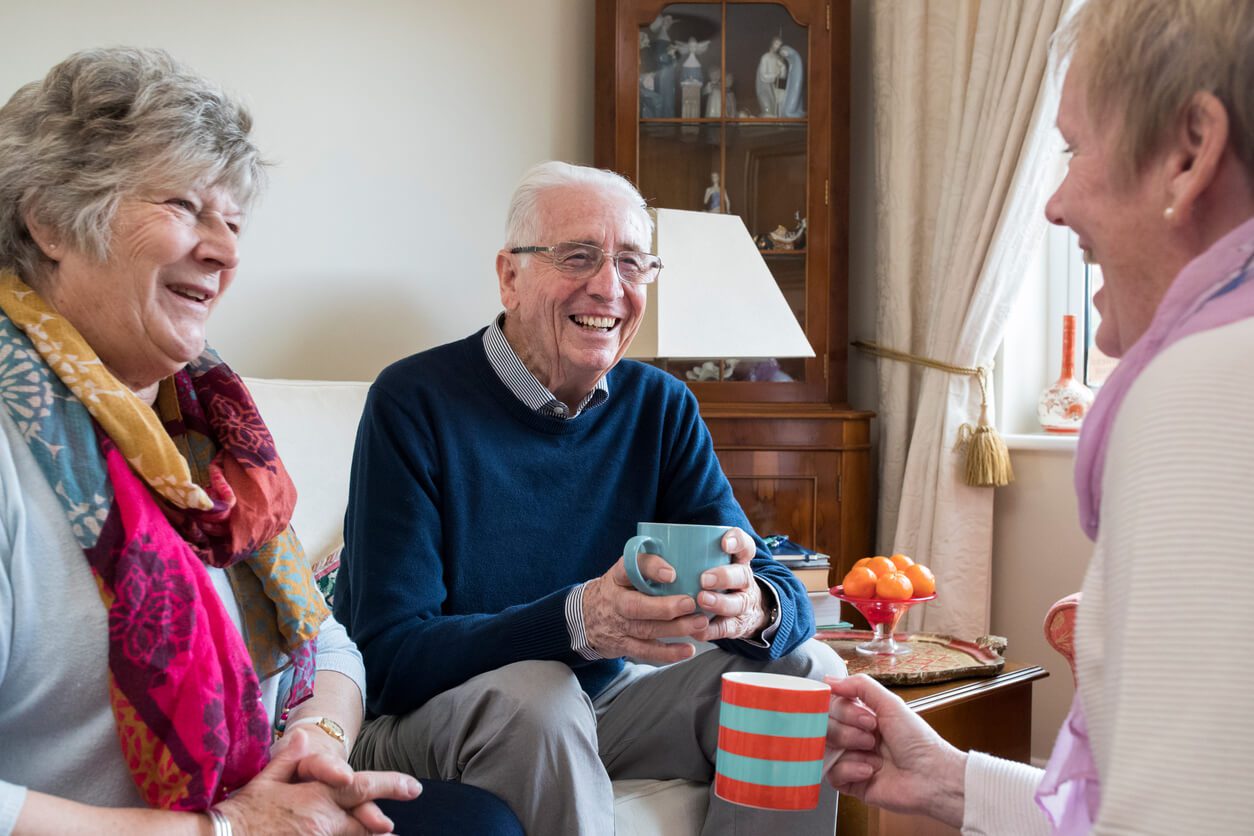What is an advance decision?
Tags
Legal and Funding
An advance decision – also known as a living will, let’s you refuse medical treatment in the future. It’s a legally binding document which means your family and the people caring for you must follow it. However, it will only be used in the event that you’re no longer able to communicate your own wishes.
An advance decision is different to an Advance Statement – for which it’s often confused. Whereas an Advance statement is largely focused more on your daily life, an advance decision relates to your medical care.
The treatments you don’t want to receive will all need to be named in your advance decision. And if you want to refuse treatment in certain situations, you’ll need to explain these in detail to ensure your wishes are carried out accurately. To help you with this, it can be worthwhile seeking legal advice from a professional, such as a solicitor or lawyer.
Provided you’re of sound mind when creating your advance decision – i.e have the mental capacity to understand all the information relevant to your decision, and can weigh up this information, the healthcare professionals responsible for your treatment will have no legal grounds to oppose.
Advance decisions in Scotland
While legally binding in England and Wales, and in Northern Ireland, they are not legally binding in Scotland. However if you have one it should still be taken into account by the healthcare team treating you.
Any adult with capacity can make an Advance Decision (Living Will). There’s no set form for making an Advance Decision and you can write one yourself as long as it meets the requirements needed to be ‘valid’ and ‘applicable’. It’s often good practice to provide a copy to your family, and your medical team so that they can include it in your medical records.
What does an advanced decision cover?
Ultimately, an advance decision covers when, and in what situations you wish to refuse treatment in the future. This can include refusing treatment that can artificially pro-long your life – also known as ‘life-sustaining treatment’, examples of live-sustaining treatment include –
- Going onto a ventilator– this is often used in situations where someone has developed a condition where they’re struggling to breathe, for example, pneumonia.
- Having CPR – this is often used in situations where your heart stops and as such a hearcardiopulmonary resuscitation is performed
- Taking a course of antibiotics or antivirals for life-threatening infections – these are often administered when your body is fighting an infection or virus respectively.
Again, there may be some situations in which you want to refuse treatment, yet others where you’d like to accept it. It’s essential you’re clear about these contexts – that’s why it’s advisable to seek professional legal support in drafting it.
What can’t be included in an advance decision?
You can’t use an advance decision to –
- Outline treatment preferences that request certain treatments, e.g ‘I only want to take this medication’. An advance decision should only outline your refusals of treatment.
- Refuse all healthcare such as basic nursing care or being kept clean
- Ask for your life to be ended, or anyone to perform an act that is against the law

How do you make a living will?
To make an Advanced Decision, it’s best to contact a legal professional. When deciding on who to go to, we’d always recommend choosing a household name that you can trust.
- Consult a medical professional who knows about your medical history and prognosis – they’ll be able to talk you through the benefits and risks of your future treatment options
- Discuss options with your family– it’s never easy to discuss death with your family. However, it will avoid confusion later on if you sit down and have a discussion about what you’d like to happen if the worst comes to the worst. This will make it easier for your family to understand what to do when the time comes.
- Complete your advanced decision– you can draft an advanced decision with the support of a legal professional or using Compassion in Dying’s template. For it to be valid, it must be written down and signed by you along with a witness. If you want to refuse life-sustaining treatment you must include a sentence that states that your refusals apply even if your life is at risk or shortened as a result
- Give copies of your Advanced Decision to relevant people– you should give a copy to everyone involved in your care and support. That should include your GP, Occupational Therapist and Social Worker. And, critically, your carer
Co-Op Legal Services
Our partner Co-op Legal Service has a range of later life planning tools available to Elder customers, which can help you understand your options when it comes to your legal affairs.When is an Advanced Decision applicable?
For your advance decision to be implemented, you must lack capacity – i.e be unable to make, process or communicate your wishes for medical treatment, and. –
- There must be no reason to believe that something has happened since making your advance decision which would have affected the decisions you made. For example, if there have been developments in medical treatment that you did not expect.
When is an Advanced Decision valid?
An advance decision may only be considered valid if you –
- are aged 18 or over and had the capacity to make, understand and communicate your decision when you made it
- specify clearly which treatments you wish to refuse
- explain the circumstances in which you wish to refuse them
- sign it (and by a witness if you want to refuse life-sustaining treatment)
- have made the advance decision of your own accord, without any harassment by anyone else
- have not said or done anything that would contradict the advance decision since you made it (for example, saying that you’ve changed your mind)
Read more guides

Funding your care – Find out where to go for funding support
Funding your care Find out where to go for funding support There’s no way around it – social care isn’t free, and working out how

Paying for care in Scotland
Paying for care is a complex subject. Different parts of the UK charge different fees, have their own rules on funding, and even offer some

Legal guidance and resources
Legal guidance and resources Planning for the long-term can help ensure that you and your loved ones are prepared for unforeseen circumstances in later life.